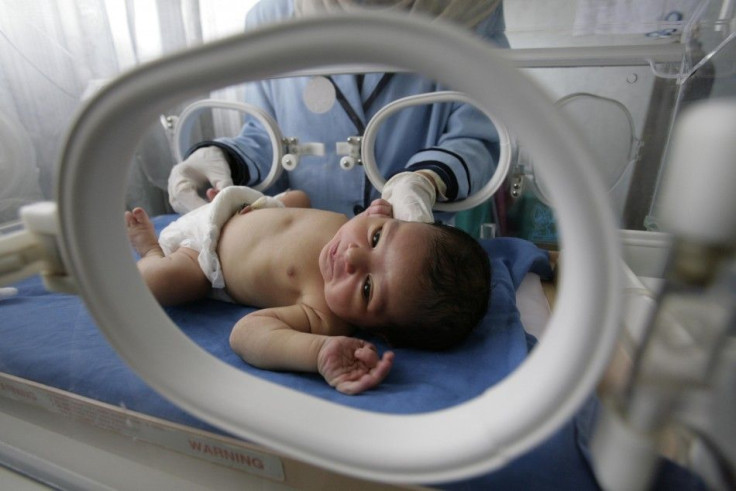Premature Babies May Suffer From Learning Disabilities Later In Life, Study Suggests

Premature babies or children born before completing 37 weeks of gestation are likely to suffer from learning disabilities later in life, a study suggested. According to the study, these kids are at increased risk of life-long neurodevelopmental problems.
Every year, nearly 15 million children are born prematurely worldwide. Several studies have suggested that these kids are likely to struggle with several health problems later in life, like irreversible lung problems and trouble in their romantic life.
The latest study that was published in the Journal of Neuroscience last week suggested that preterm babies are likely to suffer from learning problems as they grow to school age and adulthood. It is mainly because of oxygen deprivation that is caused due to an immature respiratory center in the child’s brain.
When the children are born long before their expected due date the immature respiratory center in their brains fail to signal it to breathe, often resulting in hypoxia or low oxygen levels in the brain, the research team explained.
The researchers further stated the function and structure of a region in the brain called hippocampus can be disrupted through a brief shortage in the oxygen supply to the brain. In other words, even a 30-minute hypoxia can affect the hippocampus, which is a very important region in the brain for memory and learning.
The study also stated that even the children who get admitted in the neonatal intensive care unit (NICU) can experience short, but impactful sections of hypoxia each week. As a result, one-third of premature babies might have smaller brains compared to the brains of full-term infants. It could be due to loss of brain cells, the researchers noted.
So, premature babies are at increased risk of significant life-long neurodevelopmental challenges compared to full-term infants. This can affect their behavior, attention, memory and learning, the study stated.
“Our findings raise new concerns about the vulnerability of the preterm brain to hypoxia. They are concerning for the long-term impact that oxygen deprivation can have on the ability of these preterm babies to learn as they grow to school age and adulthood,” lead researcher Stephen Back, who is Clyde and Elda Munson Professor of Pediatric Research and Pediatrics, OHSU School of Medicine, OHSU Doernbecher Children’s Hospital, said in a statement.
For the study, the researchers used a twin preterm sheep model and they tried to find out the impact of insufficient blood flow and low oxygen levels or ischemia on the developing hippocampus. At the end of the study, the team found out that hippocampal cells did not mature normally due to hypoxia and ischemia.
Consequently, premature babies suffer from long-term neurodevelopmental problems, affecting the brain's ability to learn or causing a reduction in long-term potentiation.
“We want to understand next how very brief or prolonged exposure to hypoxia affects the ability for optimal learning and memory. This will allow us to understand how the hippocampus responds to a lack of oxygen, creating new mechanisms of care and intervention both at the hospital, and at home,” the researcher said.
© Copyright IBTimes 2024. All rights reserved.





















